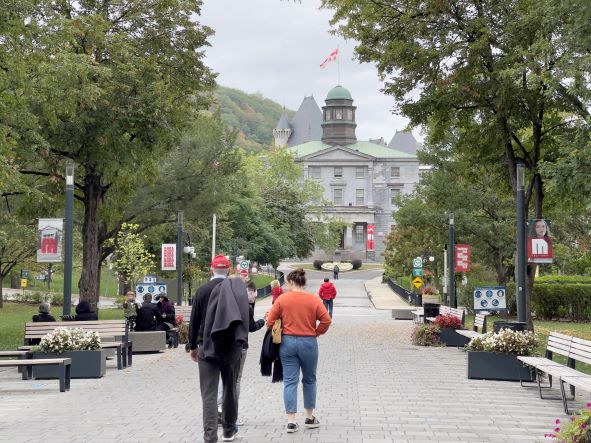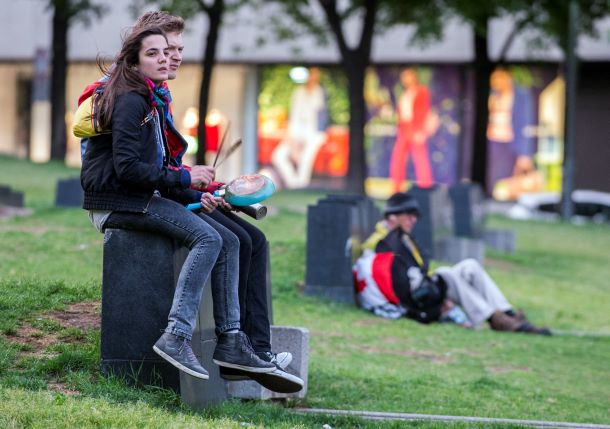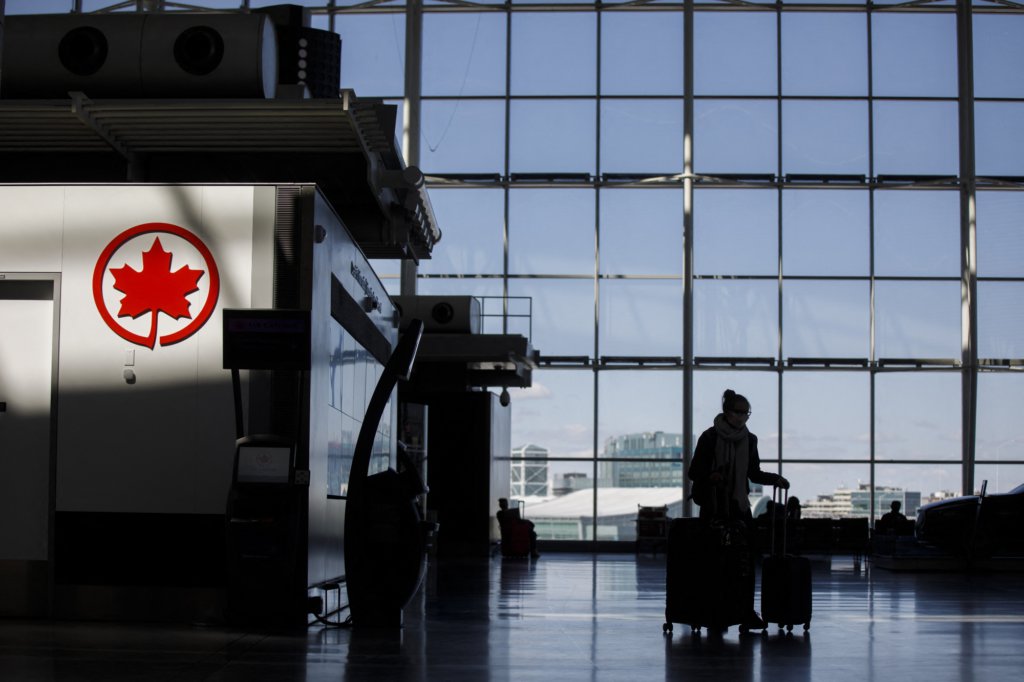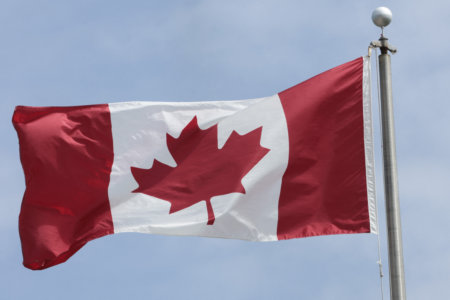
Are you a prospective or current student studying in Quebec? The Canadian federal government has announced that international students studying at unsubsidised private institutions in Quebec will no longer be eligible for post-graduation work permit (PGWP) starting Sept. 1, 2023.
This comes after the Government of Quebec — in an agreement with the provincial government in Ottawa — reached out to Immigration, Refugees and Citizenship Canada to propose that only graduates from public and subsidised private institutions in Quebec be eligible for the post-graduation work permit.
According to a press release released on June 7, 2022, the move aims to protect the integrity of international students studying in Canada. It also aims to address the gaps discovered from an investigation by Quebec’s Ministère de l’Enseignement supérieur regarding specific unsubsidised private colleges.
“Canada recognises the tremendous social, cultural and economic benefits that international students bring to this country,” said the Minister of Immigration, Refugees and Citizenship Canada Sean Fraser.
“Making the change that Quebec requested to post-graduation work permit eligibility will improve the integrity of the programme, bring Quebec’s private institutions further in line with those of other provinces and protect our well‑deserved reputation as a destination of choice for international students.”

Only graduates from public and subsidised private institutions in Quebec will be eligible for the PGWP. Source: Rogerio Barbosa/AFP
The post-graduation work permit explained
A post-graduation work permit is an open work permit that allows international graduates to work for any Canadian employer without a job offer.
Upon completing their studies, students can work for up to three years (depending on their Canadian programme) before becoming eligible to apply for a Canadian permanent residence.
According to CBC News, obtaining a post-graduation work permit under unsubsidised private learning institutions in Quebec has been a significant selling point for international students.
These institutions have been attracting a large number of international students since 2018.
From 2016 to 2018, approximately 4,900 international students received a study permit, while the period of 2019 to 2021 saw the estimated number of international students jump to 11,500.

Source: Cole Burston/AFP
Private institutions upset over the post-graduation work permit announcement
According to CBC News, many private colleges were quick to denounce the decision.
The National Association of Career Colleges issued a statement saying it was disappointed by the decision, arguing such colleges play an important role in the province and the country as a whole.
“Our industry has, for many months, tried to engage the Quebec government to understand their questions or concerns pertaining to the post-graduate work permit and find workable solutions together,” said Michael Sangster, the CEO of the association.
Herzing College director general Michael McAlliste said his institution is among those being punished for the problems at a select number of colleges.
“We did nothing wrong and we’re getting penalised,” he said, adding that he would have liked to work with the provincial government to come up with a plan that helps meet the province’s labour shortage and recruit more international students who speak French.
In May 2022, the provincial government announced a scheme that offers discounted tuition rates in certain Quebec universities and colleges for French-speaking international students.










